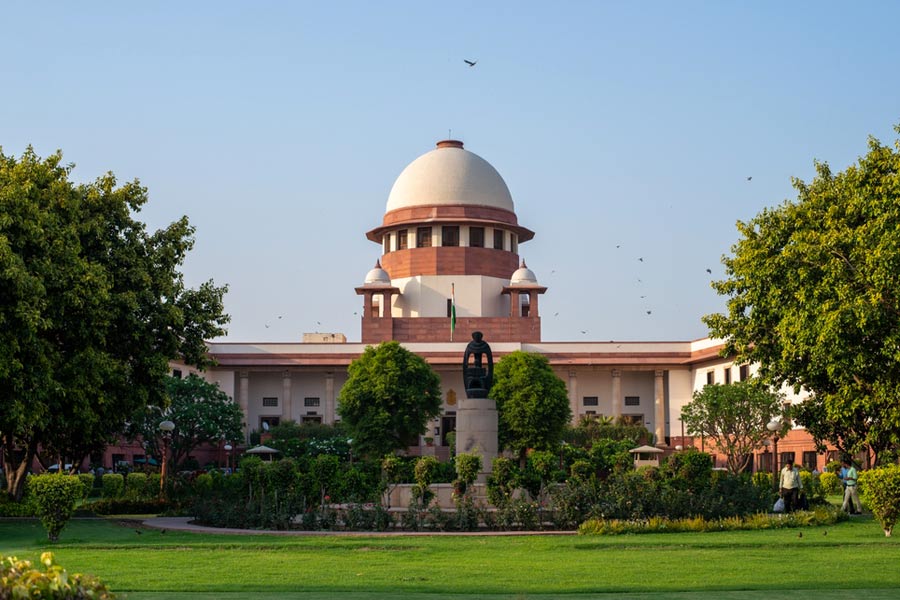The Supreme Court on Friday said it did not cancel the controversy-ridden NEET-UG 2024 examination amid concerns of paper leak because there was no systemic breach of its sanctity.
In its detailed reasons for the order which was pronounced on July 23, a bench of Chief Justice DY Chandrachud and justices JB Pardiwala and Manoj Misra said the National Testing Agency (NTA) must stop its flip-flop which was noticed this year as it does not serve the interest of students.
"We did not cancel the NEET-UG examination because there was no systemic breach of sanctity of the exam beyond Hazaribagh and Patna," the bench said.
It issued a slew of directions and expanded the remit of the Centre-appointed panel headed by former ISRO chief K Radhakrishnan to review the NTA’s functioning and recommend exam reforms.
The top court said since the remit of the panel has been expanded, the committee would submit its report by September 30 on various measures to rectify deficiencies in the examination system.
The bench said the Radhakrishnan panel should consider framing standard operating procedure for adoption of technological advancements to strengthen the examination system.
It said the issues which have arisen during the NEET-UG examination should be rectified by the Centre.
On July 23, the top court dismissed the pleas seeking cancellation and re-test of the exam, holding that there was no evidence on record to conclude that it was "vitiated" on account of "systemic breach" of its sanctity.
The top court, while pronouncing the order, had said its detailed reasons would follow.
The interim verdict came as a shot in the arm for the embattled NDA government and the NTA, which were facing strong criticism and protests, on streets and in Parliament, over alleged large-scale malpractices like question paper leak, fraud and impersonation in the prestigious test held on May 5.
Over 23 lakh students gave the National Eligibility-cum-Entrance Test-Undergraduate (NEET-UG) in 2024 for admissions to MBBS, BDS, AYUSH and other related courses.
The data on record is "not indicative of a systemic leak of the question paper which would indicate a disruption of the sanctity of the examination", the top court had said.
It had said ordering the test afresh would be replete with serious consequences for over 24 lakh students who appeared in the examination.
That, the court said, will cause "disruption of admission schedule, cascading effects on the course of medical education, impact on availability of qualified medical professionals in the future and be seriously disadvantageous for the marginalised groups for whom reservation was made in allocation of seats." The bench had said ordering cancellation of the entire exam was not justified on application of "settled principles propounded by this court on the basis of material on record".
For cancelling the exam, the wrongdoing should be widespread and systemic, breaching the sanctity of the entire test, it had observed.
The bench had rejected the submission by the lawyers for petitioners that the leak was systemic in nature, and coupled with structural deficiencies, left the court with the only option of ordering a re-test.
The court, however, said the fact that the leak of question paper indeed took place in Hazaribagh and Patna is "not in dispute", and referred to the Central Bureau of Investigation's status report to say, "155 students drawn from the exam centres at Hazaribagh and Patna appeared to be the beneficiaries of the fraud."
Except for the headline, this story has not been edited by The Telegraph Online staff and has been published from a syndicated feed.










